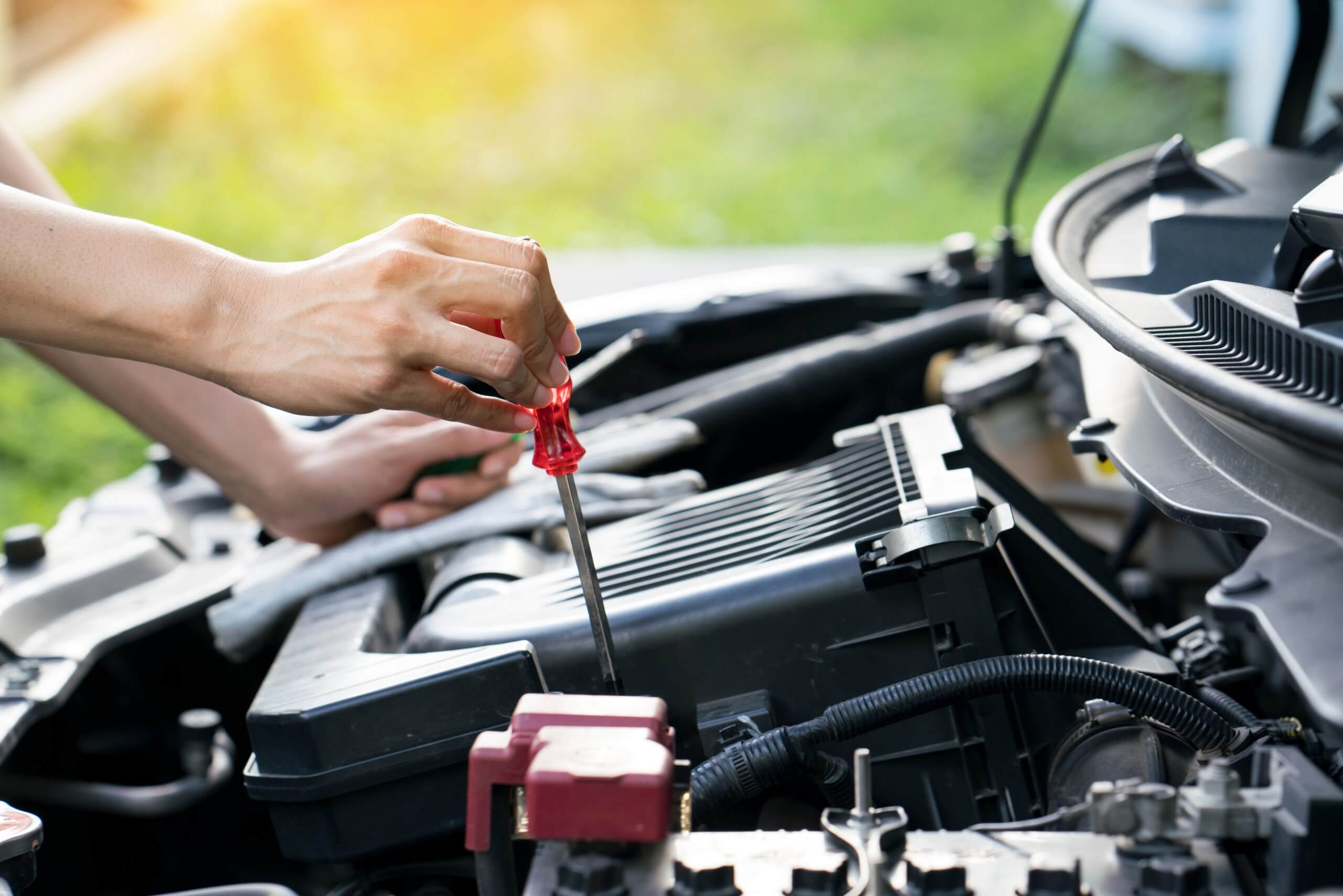Introduction:
Regular car maintenance is essential for ensuring the longevity, reliability, and performance of your vehicle. By following a comprehensive maintenance schedule and adopting good maintenance habits, you can keep your car running smoothly and avoid costly repairs down the road. In this article, we provide the ultimate guide to car maintenance, offering tips and tricks to help you take care of your vehicle and maximize its lifespan.
Importance of Regular Car Maintenance:
Car maintenance is akin to healthcare for your vehicle—it helps identify and address potential issues before they escalate into major problems. Routine maintenance tasks such as oil changes, tire rotations, and fluid checks are essential for keeping your car’s engine, transmission, and other critical components in optimal condition. By investing time and effort into regular maintenance, you can prolong the life of your vehicle and minimize the risk of unexpected breakdowns or failures.
Essential Car Maintenance Tasks:
- Oil Changes: Regular oil changes are crucial for lubricating the engine’s moving parts and preventing premature wear and tear. Follow your manufacturer’s recommendations for oil change intervals and use the appropriate type and grade of motor oil for your vehicle.
- Tire Rotation: Rotating your tires at regular intervals helps promote even tread wear and extends the lifespan of your tires. Aim to rotate your tires every 5,000 to 7,000 miles or as recommended by your vehicle manufacturer.
- Fluid Checks: Check the levels of essential fluids such as engine oil, coolant, transmission fluid, brake fluid, and power steering fluid regularly. Low fluid levels can lead to performance issues and potential damage to your vehicle’s systems.
- Brake Inspection: Inspect your brakes periodically for signs of wear, such as squeaking or grinding noises, vibrations, or reduced stopping power. Replace worn brake pads, rotors, or other components as needed to maintain safe braking performance.
- Air Filter Replacement: Replace your engine air filter and cabin air filter at regular intervals to ensure proper air flow and filtration. A dirty or clogged air filter can reduce engine performance and compromise interior air quality.
- Battery Maintenance: Check your car battery regularly for signs of corrosion, leaks, or damage. Clean the battery terminals and ensure a secure connection to prevent starting issues.
- Wiper Blade Replacement: Replace worn or damaged wiper blades to maintain clear visibility in inclement weather conditions. Inspect your windshield washer fluid reservoir and top up as needed.
- Belts and Hoses Inspection: Inspect the condition of your drive belts and hoses for signs of wear, cracking, or fraying. Replace any damaged or deteriorated belts or hoses to prevent engine overheating or system failure.
When to Seek Professional Car Maintenance Services:
While many car maintenance tasks can be performed by DIY enthusiasts, some jobs are best left to trained professionals. If you’re not comfortable or experienced with automotive repairs, it’s wise to enlist the services of a qualified mechanic or technician. Additionally, certain maintenance tasks, such as wheel alignments, engine diagnostics, and complex repairs, require specialized equipment and expertise that may not be available to the average car owner.
Common Car Maintenance Mistakes to Avoid:
Despite the best intentions, car owners can sometimes make mistakes when it comes to vehicle maintenance. Avoid these common pitfalls to ensure that your car receives the care it deserves:
- Neglecting routine maintenance intervals
- Using incorrect or low-quality replacement parts
- Overlooking warning signs of potential problems
- Ignoring recalls or service bulletins issued by the manufacturer
- Skipping regular inspections and preventive maintenance checks
Seasonal Car Maintenance Checklist:
Adapting your car maintenance routine to the changing seasons can help prepare your vehicle for the challenges of different weather conditions. Consider the following seasonal maintenance tasks:
- Spring: Check tire pressure, inspect windshield wipers, and replace worn-out winter tires.
- Summer: Test the air conditioning system, inspect the cooling system for leaks, and top up coolant levels.
- Fall: Check the condition of the battery and electrical system, and prepare for colder temperatures by ensuring proper engine coolant levels and antifreeze protection.
- Winter: Check the condition of your tires, including tread depth and inflation pressure, and ensure that your vehicle’s heating system is functioning properly.
Conclusion:
In conclusion, car maintenance is a vital aspect of vehicle ownership that should not be overlooked. By following a regular maintenance schedule and staying proactive about addressing potential issues, you can keep your car running smoothly for years to come. Whether you prefer to perform maintenance tasks yourself or enlist the help of a professional mechanic, prioritizing car maintenance is key to ensuring the safety, reliability, and longevity of your vehicle.




